ORIGINAL RESEARCH
Published on 05 Nov 2024
Surface electromyography character of upper limb muscle after open reduction combine with ulnar osteotomy in children with neglected Monteggia fracture
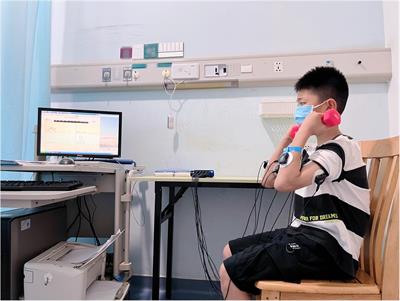
doi 10.3389/fped.2024.1445385
- 437 views
1,994
Total downloads
9,078
Total views and downloads
ORIGINAL RESEARCH
Published on 05 Nov 2024

CASE REPORT
Published on 10 Sep 2024

REVIEW
Published on 29 Aug 2024
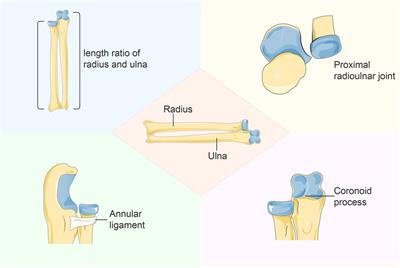
ORIGINAL RESEARCH
Published on 07 Aug 2024
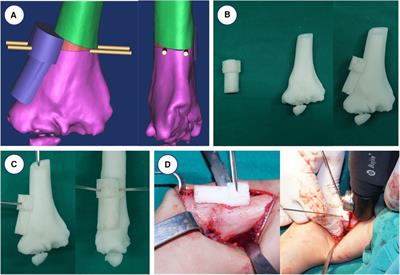
ORIGINAL RESEARCH
Published on 09 Jul 2024
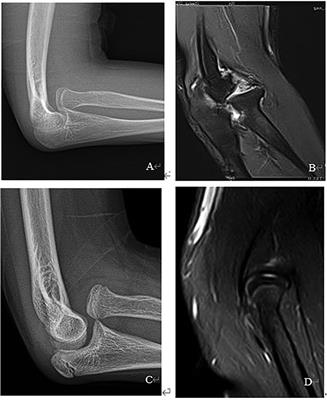
CASE REPORT
Published on 04 Jul 2024
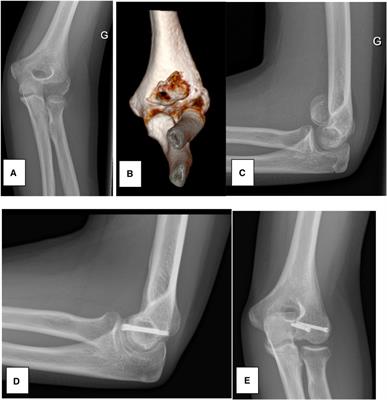
ORIGINAL RESEARCH
Published on 24 Apr 2024
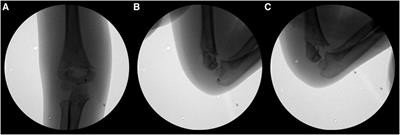
ORIGINAL RESEARCH
Published on 06 Mar 2024
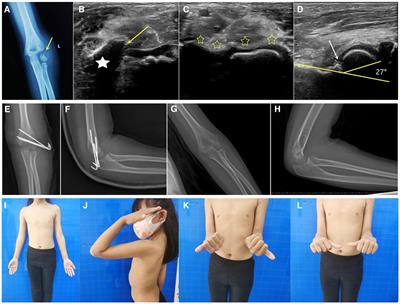
ORIGINAL RESEARCH
Published on 08 Feb 2024

